This summer marks the centenary of the sinking of the Russian Imperial Navy Bogatyr-class cruiser Oleg by the Royal Navy, as part of the British campaign in the Baltics from 1918 – 1919.
This article was submitted to the UK Defence Journal by Rob Clark, a Postgrad Researcher and British Army veteran.
Operation Red Trek, the Royal Navy campaign, had three central objectives; halt the spread of Bolshevism; protect British interests in the region; and safeguard access to the Baltic Sea. Taking place during the wider Russian Civil War, the naval actions of the British in the Baltic Sea led to the Treaty of Tartu, and Estonian independence from Bolshevik Russia.
These events had three lasting actions. First, it solidified British relations with the newly independent Estonia, the strength of which is evidenced by the leading role the British Army currently has in NATOs Enhanced Forward Presence (EFP) in Estonia.
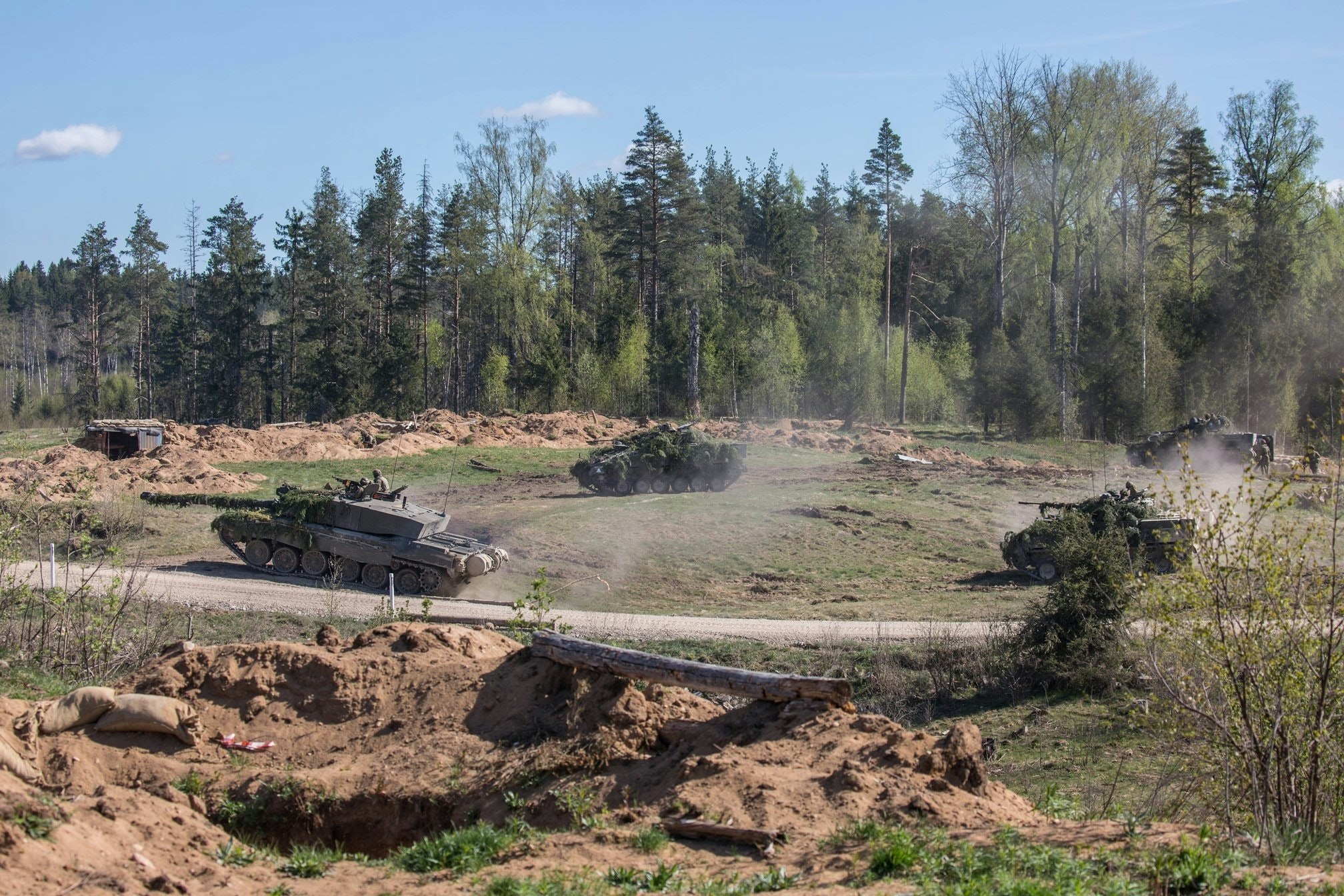
The second consequence of Operation Red Trek was the geopolitical significance Britain placed upon the Baltics as a region of increased strategic relevance; one of eight international maritime choke points, the sea eventually leads to Saint Petersburg, Russia’s cultural capital and home of the Leningrad Naval Base and the Baltic Fleet.
The seaway remains Russia’s principal access route for the Atlantic Ocean, and significantly as a main artery for its fossil fuel exports to Europe, including the Nord Stream, the Russian gas pipeline to Germany, the world’s longest sub-sea pipeline, and crucial to Russian energy security.

Finally, Operation Red Trek confirmed that, even in the immediate aftermath of the horrors of World War One, Britain was firmly committed to the lasting defence of Europe. A message as poignant today as it was in 1919.
As Britain is set to leave the European Union (EU), it serves as a timely reminder to the UK’s commitment to Europe that this summer, 100 years since Operation Red Trek, the Royal Navy are back in the Baltic Sea, promoting British interests and working with allied partners in the region.
Speaking onboard HMS Albion just off the Latvian coast, the Secretary of State for Defence Penny Mordaunt recently reaffirmed Britain’s role in the defence of the Baltics, particularly in light of the challenges posed by a revisionist Russia; “Russia is becoming more assertive, we see her deploying more forces and new weapons and we can imagine scenarios that may play out in future. So it is important and right that we stand together with our alliesâ€.
In this assessment of current Russian threat capability, Britain’s Defence Secretary is quite right. Russia has certainly become more assertive; its attempts to degrade NATO’s political decision-making through systematic targeting of Western electoral processes, whilst simultaneously extending its territorial claims into the Black Sea and further into Ukraine, highlight the Kremlin’s intent to project Russian power and influence across the hemisphere.

It’s military intervention in Syria shows no sign of ending, despite multiple withdrawal announcements from President Putin, whilst Russian naval forces are conducting annual exercises with the Chinese People’s Liberation Army Navy; the 2017 iteration being conducted in the Baltic Sea. In addition, Russia continues to advance both its own military robotics, deploying the Uran 9 remote weapons platform in Syria, and its directed-energy weapons programmes.
Providing the largest Naval contingency in the Baltics since Operation Red Trek one hundred years ago, approximately 2,000 Royal Naval personnel are operating in the region as part of the British-led Joint Expeditionary Force (JEF), conducting Operation Baltic Protector, the current manoeuvres. As part of a unique nine-member allied contingent, this force is providing 3,000 personnel and 17 vessels, but has the means to increase this to 10,000 personnel.
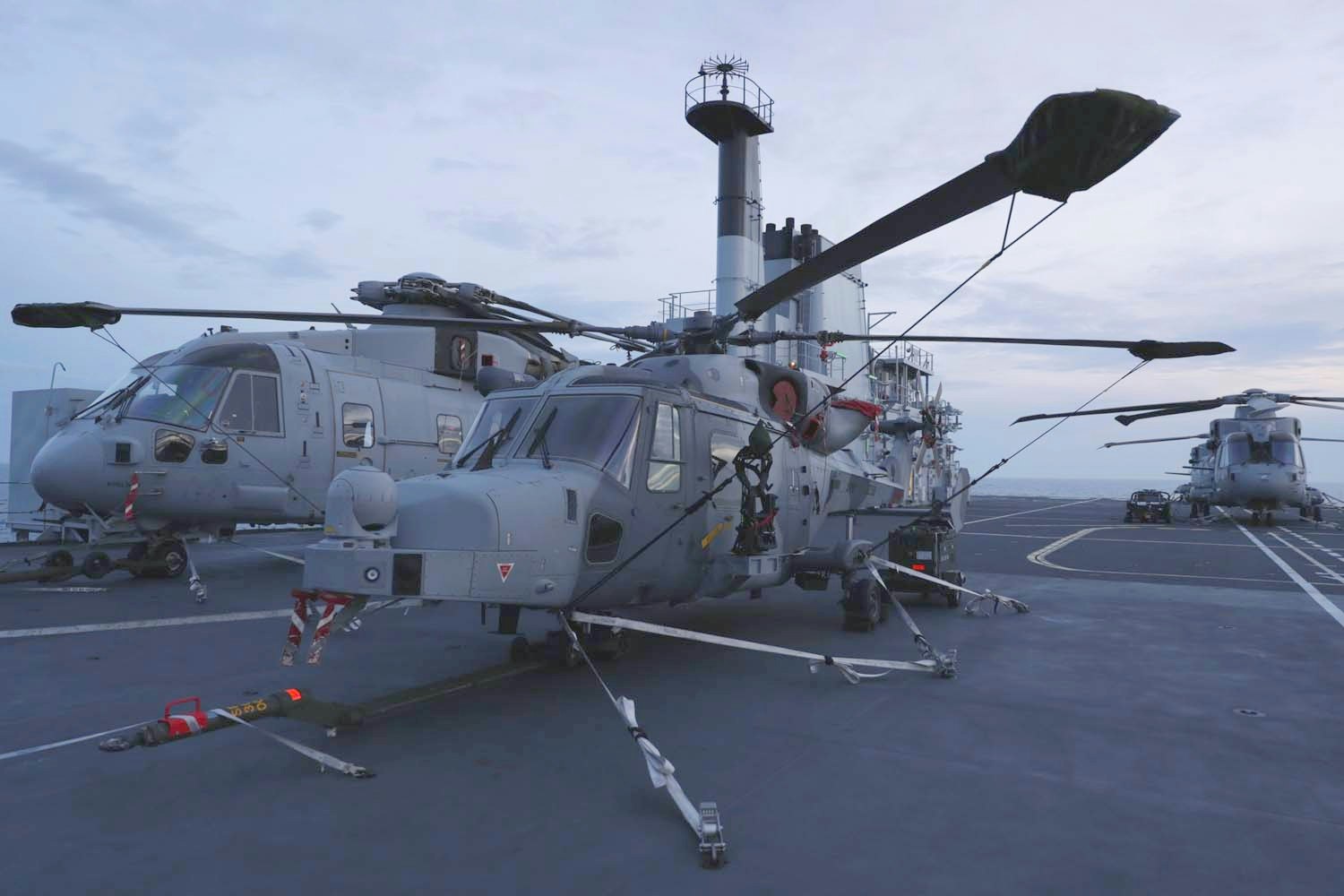
Established at the 2014 NATO Summit and launched a year later, JEF became fully operational with the signing of a comprehensive Memorandum of Understanding in June 2018. As well as Britain, Lithuania, Denmark, Estonia, Latvia, the Netherlands, Norway, Finland and Sweden are taking part in Operation Baltic Protector, with Britain providing the command element in addition to two thirds of the exercising troops and vessels.
As an adaptable high-readiness force, it can be stood up anywhere, at any time and in any environment. Encompassing a range of tasks, including combat operations, deterrence, or humanitarian support, the JEF has the ability to operate independently or in support of multinational organisations, including NATO, the UN and the EU.

The real strength of the JEF however lies in its members’ ability to act decisively to counter potential state threats in the Baltic Sea region. Russia has successfully been able to manipulate political indecision in western political institutions; as an alliance of geopolitically like-minded northern European states with strategic interests in the Baltics, the British-led JEF can act decisively in times of military necessity, complementing NATO and further strengthening European defence in an increasingly significant region.


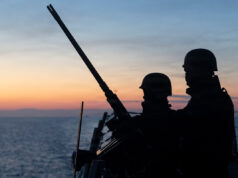


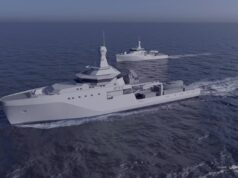
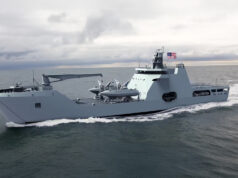
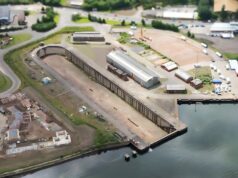

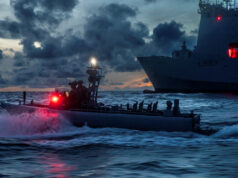



It’s a half decent force the JEF. We British should feel proud we have that capability and Ships when not many nations do, infact hardly any nations do. It’s not all about frigates or destroyers, shame more of the JEF nations don’t have more amphibious operation ships, maybe HMS Albion and Bulwark could be sold to our JEF friends when they are replaced, if they get replaced that is.
‘Britain, Lithuania, Denmark, Estonia, Latvia, the Netherlands, Norway, Finland and Sweden are taking part in Operation Baltic Protector, …’
The glaring omission is Germany. Germany that boasts of the largest economy in Europe needs to start wondering if inviting a million plus migrants from world hot spots into the country and relying on Putin for its energy needs was a good idea. ‘Don’t mention the war’ indeed.